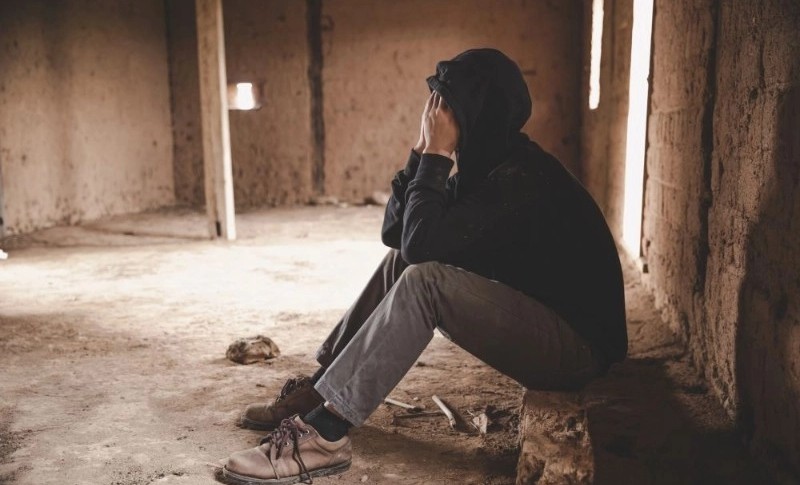Reducing homelessness rates from 75th to 50th percentile could save >1,900 lives from opioid overdoses
By Elana Gotkine HealthDay Reporter
WEDNESDAY, Feb. 8, 2024 (HealthDay News) — Homelessness has a large effect on substance use disorder (SUD)-related poisonings, according to a study published in the February issue of Health Affairs.
W. David Bradford, Ph.D., and Felipe Lozano-Rojas, Ph.D., from the University of Georgia in Athens, estimated the causal impact of homelessness on SUD-related mortality using plausibly exogenous variation from a state’s landlord-tenant policies that influence evictions. Data were obtained from 2007 to 2017.
The researchers found that homelessness had large effects on SUD-related poisonings; for example, there was a 3.2 percent increase in opioid poisonings in metropolitan areas in association with a 10 percent increase in homelessness. Across all metropolitan localities, reducing local homelessness rates from the 75th to the 50th percentile levels could have saved more than 1,900 lives from opioid overdoses in the last year of the study.
“Although homelessness is associated with substance-related policies, our first-stage models indicated that several landlord-tenant policies may be effective at mitigating homelessness,” the authors write. “This should lead to a renewed interest in understanding the mechanisms through which such policies induce homelessness and SUD among the homeless population.”
Copyright © 2024 HealthDay. All rights reserved.








